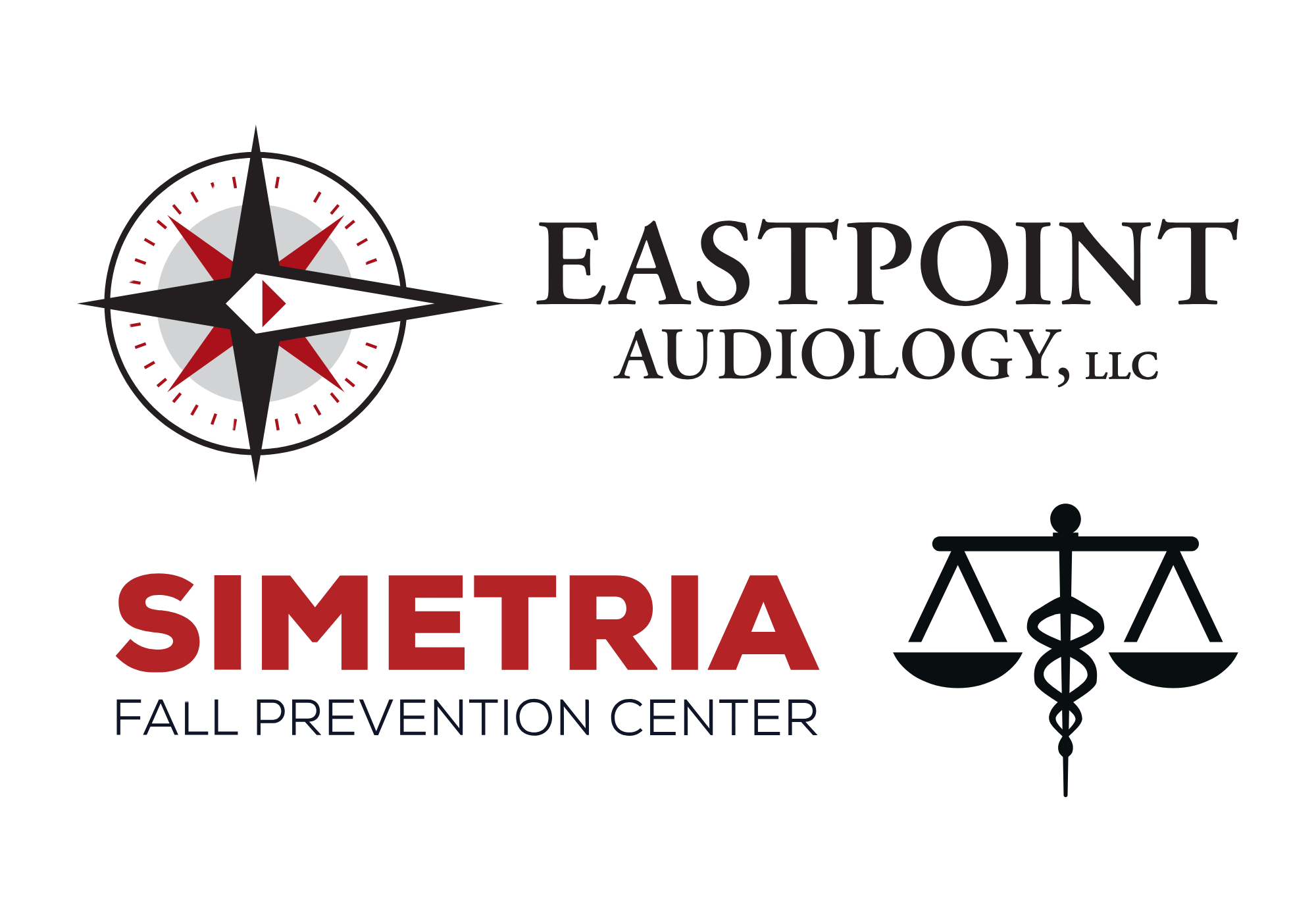
The Thanksgiving holiday centers around great food, time with family, and lively conversation. Nevertheless, if a family member has difficulty with hearing loss, they may feel apart at the dinner table, despite being surrounded by caring individuals.
While it may not seem like the “right time” to talk about something so personal, a holiday gathering can actually be a soft, supportive opportunity to open the door to a conversation about hearing health.
Why Thanksgiving is a natural setting for this conversation
It’s around the dinner table that personal stories are shared, laughter is sparked, and life updates are communicated. But for someone with untreated hearing loss, this setting can be frustrating and alienating. If you’ve noticed a family member retreating from conversation, frequently requesting repetitions, or misunderstanding more than usual, Thanksgiving might be a prime moment to acknowledge your concern with compassion and support.
The positive aspect is that their most trusted people are present, which helps them feel encouraged instead of criticized.
Steps to adjust the environment for less challenging talking
Making a few simple environmental changes before the conversation can vastly improve your loved one’s confidence and comfort during the gathering.
- Reduce background noise. Keep auditory distractions to a minimum; this means keeping the TV or music volume low.
- Give careful thought to seating arrangements. Position the loved one centrally or beside those they find easiest to talk with.
- Adequate light is important because it assists someone with hearing loss in interpreting lip movements and facial expressions.
- Inform close relatives privately that you plan to discuss the topic supportively so they can offer empathetic support.
Applying these straightforward adjustments will ease communication barriers and help reduce the emotional pressure of talking about health.
Approaching the discussion in a way that avoids causing Pain
The key to a helpful conversation is approaching it from a place of care, not correction. Do not make the talk sound like a demand for immediate action or correction. Instead, gently say that you’ve perceived they seem to have struggled to hear and that you want to help, not criticize.
“I appreciate us spending time together, and my hope is that you can fully participate. It seems like you have trouble catching everything sometimes. Have you considered scheduling a hearing evaluation?”
Provide space to talk and share their thoughts. They may feel a sense of ease that someone noticed, or they may brush it off. No matter what happens, avoid pushing the matter. Simply offer your support and plan to discuss it again later if necessary.
tips for giving encouragement and helpful resources
If they seem willing to look into solutions, you should be prepared with some non-intimidating and helpful recommendations.
- Discuss hearing evaluations. Let them know that a hearing test is straightforward and non-invasive.
- Compare hearing aids to wearing eyeglasses to normalize the discussion—both devices enhance life quality free from stigma.
- Better hearing can lead to better relationships, decreased stress, and enhanced confidence, so be sure to emphasize these benefits.
The goal isn’t to solve everything in one conversation. It’s to plant a foundation of support that can grow.
Thanksgiving: A time for thanks and a move to improved hearing
Because Thanksgiving is for expressing gratitude for loved ones, it sometimes calls for important conversations that can enhance their quality of life. Addressing hearing loss may be awkward at first, but in a familiar and supportive setting, it can help your loved one feel recognized, supported, and prepared to move forward.
If someone you love is having trouble with their hearing, consider opening up the conversation during this Thanksgiving holiday. It may be a life-changing improvement.
